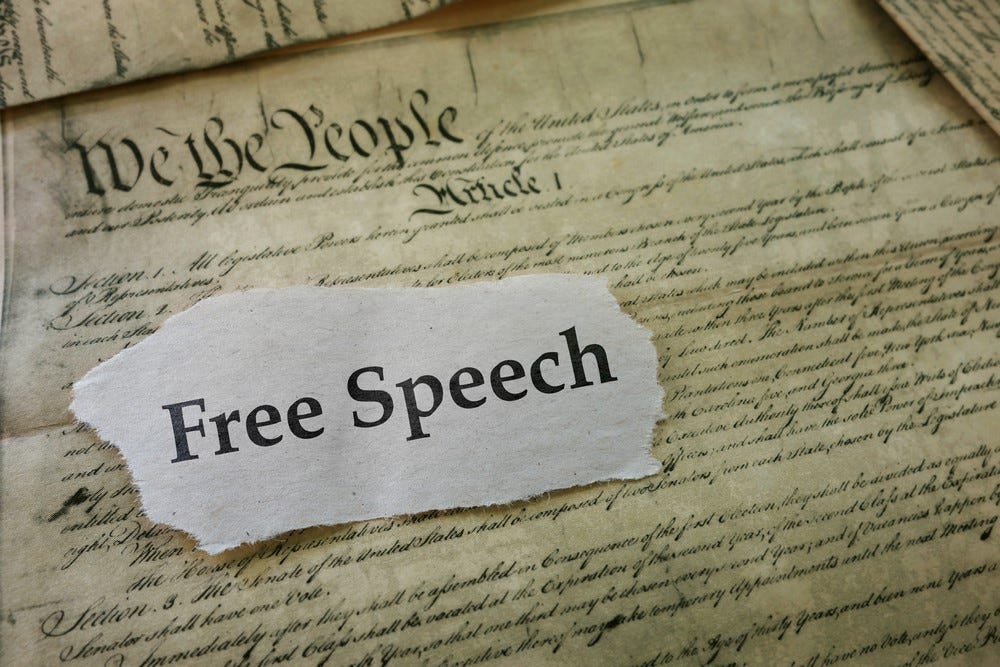
From the printing press to CNN, powerful interests have always been involved in shaping the mass media, censoring what they don't want people to know. James Corbett, host of The Corbett Report, recently produced a series on the history of the media matrix - how we got to where we are today, starting with the Gutenberg press.
CORBETT REPORT:
https://www.corbettreport.com/
WINE🍷:
https://bonnerprivatewines.com/ALISON/
COFFEE☕:
https://www.twinenginecoffee.com/alison
This was so fun to watch. We had lots of rain overnight and the rodeo arena was soaked today. Most of the kids loved it, though a few weren’t a huge fan of being covered in mud. Thankfully there are many hoses at the rodeo grounds!
I used to be one of those people who thought goats will eat anything. But actually, it’s chickens who are the true garbage disposals. Now, when we cook something, I am regularly researching if chickens can eat the waste that we would normally throw away. In this case, we were peeling shrimp, and the light bulb went off. Maybe they would eat the shells? Turns out, not only will they eat the shells, but the shrimp shells are quite good for chickens! In fact, they are full of calcium to help the chickens lay eggs with hard shells.














